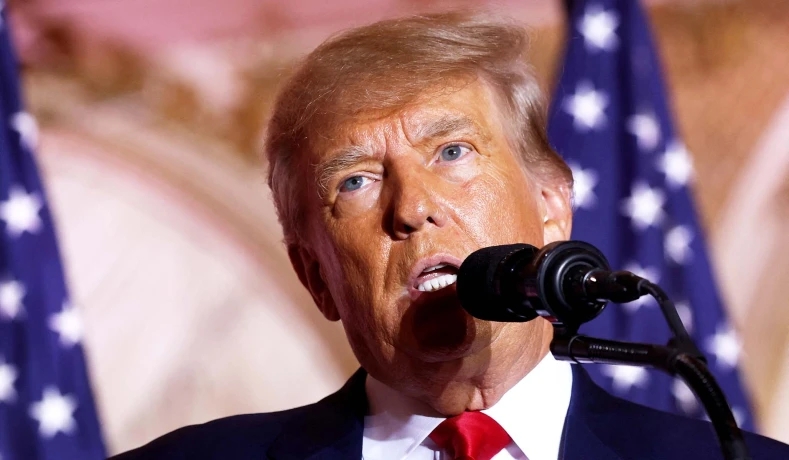
While I have been unstinting in condemning efforts to bend the law beyond recognition to find a charge that will stick to Donald Trump, I have thus far mostly avoided commenting on the possible charges being contemplated in Georgia involving Trump’s efforts to get electors certified from a state he lost in 2020. We simply do not have a really clear fix at this point on exactly what legal theory would support charges. On the one hand, state election laws may create crimes that are rarely prosecuted because they are rarely committed, and so may provide criminal penalties that are justly used in a truly unprecedented situation. On the other hand, election law can be a famously abstruse area in which a creative prosecutor can easily create traps for the unwary.
The people who agreed before the election to serve as Trump electors in Georgia cast votes for him on December 14, 2020, notwithstanding that Trump had lost the state and showed no imminent signs of having his loss of Georgia reversed in court or by any other arm of the state government. Margot Cleveland at the Federalist argues that they committed no crime by doing so, because these were openly provisional electoral votes, aimed to keep Trump’s options open if things broke his way later, as was done by Democratic electors in Hawaii in 1960:
Trump electors not only did nothing wrong, but they acted prudentially to ensure that if the state court lawsuit resolved in the president’s favor, Georgia’s electoral votes would be properly counted on Jan. 6, 2020. Here we see one of the only differences between Trump’s legal challenge and [John F.] Kennedy’s: The Hawaii state court promptly resolved the merits of Kennedy’s legal challenge, while in violation of the Georgia Election Code that requires lawsuits contesting elections to be heard within 20 days, the Fulton County court delayed assigning a judge to hear Trump’s election dispute and then delayed the first scheduled hearing until Jan. 8, 2021 — two days after Congress certified Biden the winner of the 2020 election. Now you know the rest of the story. There were no fake electors. The question now is whether Willis will charge [the electors] with fake crimes.










